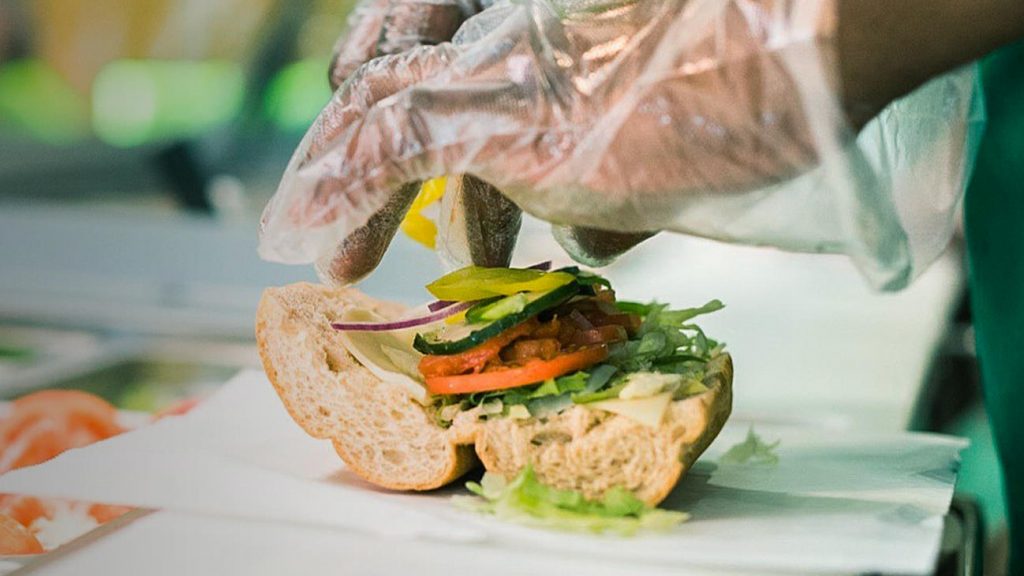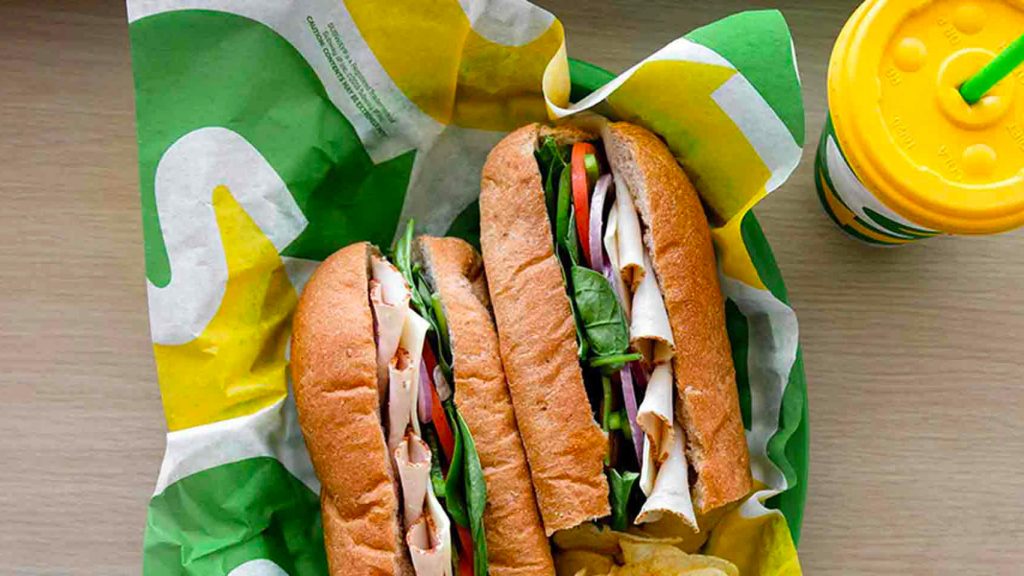Subway Fake Tuna Lawsuit Has Reached A Major Decision
Subway has come to a final decision on the fake tuna lawsuit against them.
This article is more than 2 years old

Subway Inc is celebrating a federal court ruling that dismissed claims by California consumers (Karen Dhanowa and Nilima Amin) which said the restaurant’s tuna sandwiches weren’t really tuna. The lawsuit alleged that although customers pay for sandwiches containing tuna, Subway’s tuna subs “lack tuna and are completely bereft of tuna as an ingredient.” The plaintiffs sought $5 million in damages.
However, U.S. District Judge Jon S. Tigar granted Subway’s motion to dismiss the lawsuit saying he struggled to find any reliance claims in the complaint. He said the plaintiffs fell short and still need to describe the specific statements they saw and relied upon, when they saw the statements, and where the statements appeared.
“We commend the court for dismissing the reckless and improper lawsuit surrounding Subway’s tuna,” a Subway spokesperson said in a statement on Monday. But their happiness could be short-lived as the judge said he would allow the plaintiffs to resubmit their complaint, Bloomberg Law reported late last week.
Interestingly, this isn’t the first time Subway has come under fire for its tuna. In June a lab analysis commissioned by the New York Times found no identifiable tuna DNA in the food chain’s tuna sandwich. The tests were conducted on approximately 60 inches of Subway tuna sandwiches purchased from three different locations in Los Angeles. The tuna meat was removed, frozen, and shipped for testing.
It cost The Times about $500 to have the lab conduct a PCR (polymerase chain reaction) test on the popular Subway sandwich. The test quickly makes copies (in the millions) of a specific DNA sample that scientists amplify to a larger amount to study in detail. This would allow them to see if Subway’s tuna included any of the five different tuna species.
Just over a month later, an email with the results was sent to the publication stating that no amplifiable tuna DNA was present in the sample from Subway. As such, the lab obtained no amplification products from the DNA and the species could not be identified. The results pointed to two possible scenarios. The tuna could be so heavily processed that it’s impossible to identify. Or the mystery meat just isn’t tuna.

Additionally, lab experts said the cooking process used at Subway could be affecting the results because when tuna is cooked its “DNA becomes denatured.” This means the tuna’s characteristic properties can become destroyed, making it difficult or impossible to identify.
Subway was not happy about the New York Times report and released a statement about the nature of DNA testing. “A recent report indicates that DNA testing is an unreliable methodology for identifying processed tuna. This report supports and reflects the position that Subway has taken concerning a meritless lawsuit filed in California and with respect to DNA testing as a means to identify cooked proteins. DNA testing is simply not a reliable way to identify denatured proteins, like Subway’s tuna, which was cooked before it was tested.”
The spokesperson for Subway also reiterated that their restaurants serve 100% wild-caught, cooked tuna, which is mixed with mayonnaise and used in freshly made sandwiches, wraps, and salads that are served to and enjoyed by guests daily.
The story of the Subway brand began more than 50 years ago when Dr. Peter Buck, a nuclear physicist, changed the life of a college student with a few simple words, “Let’s open a submarine sandwich shop.”
Today, the Subway brand is the world’s largest submarine sandwich chain with more than 40,000 restaurants around the world. The chain has become the leading choice for people seeking quick, nutritious meal options that the whole family can enjoy.
It’s no wonder that Subway vigorously defends itself against various efforts to mischaracterize and tarnish the high-quality products that their restaurants and franchisees provide to their customers. Concerning the current lawsuit, attorneys for both parties did not respond to a request for comment.





